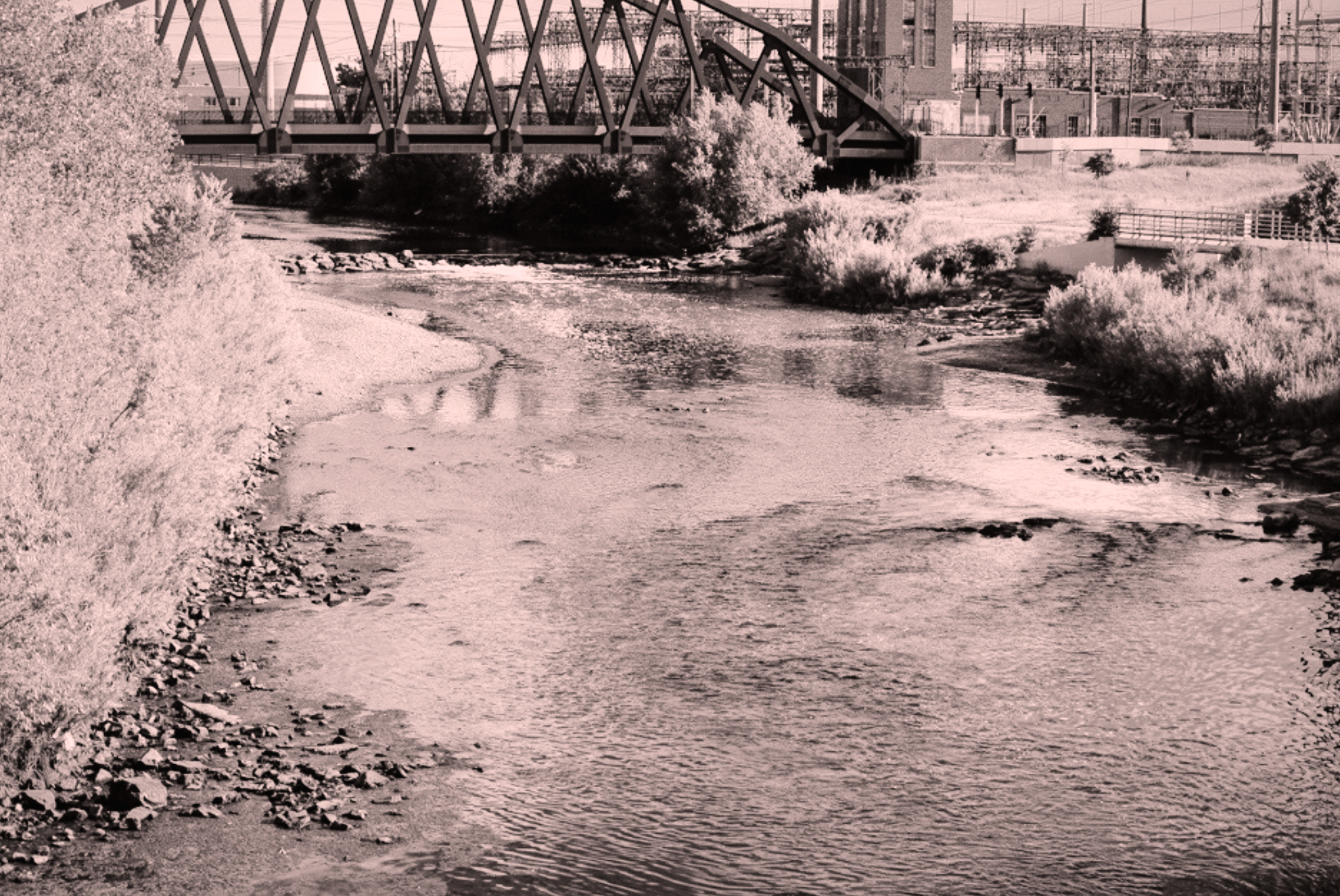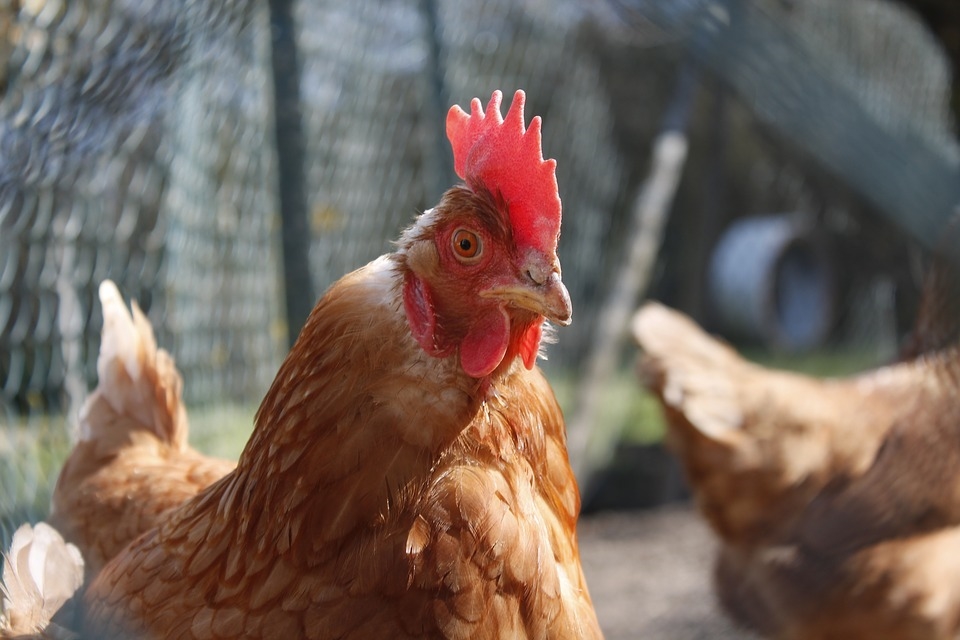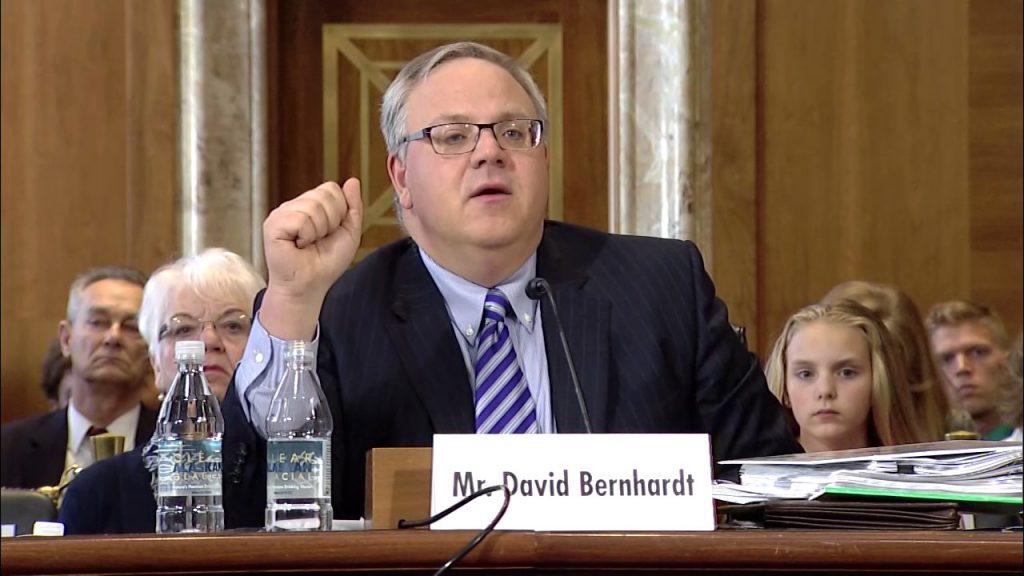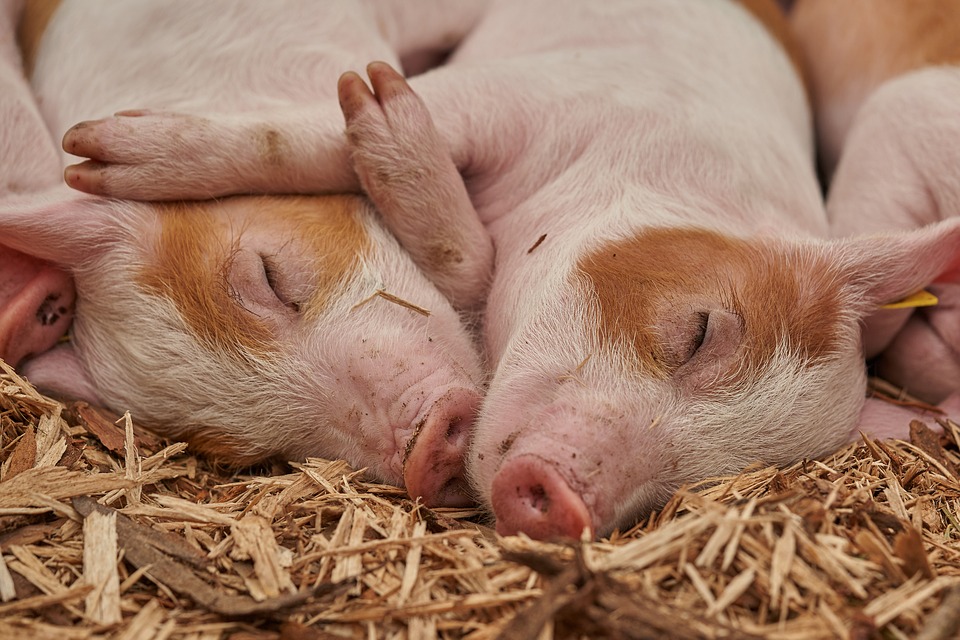For many years, the groundwater under much of the South Platte Basin, which includes Weld County, was accessed via the drilling of private wells. The history of well drilling is fraught and tangled — and bears much more discussion — but, simply, that practice was outlawed in 2006, and since then the wells have either been dry or in violation of state law.
Cuyler Meade
Despite promises and broad endorsements, some Weld farmers unimpressed by Proposition DD
To listen to the omnipresent radio and television ads lately, it seems like the whole universe is backing Colorado Proposition DD, the measure on November’s ballot that would approve a tax on casino sports betting in order to fund Colorado’s Water Plan.
It’s a win, the ads and endorsements from all corners of the state say, for Colorado water, for farmers and for basically everybody. And there’s enough multi-partisan support to suppose those assertions must likely be true.
But in Weld County and other parts of the South Platte River Basin, there are concerns with the impact of the measure, and it has nothing to do with an opposition to gambling.
These Weld-area farmers believe Colorado’s Water Plan is set up to enrich water brokers shipping water rights toward Denver. One even said if things don’t change, farming in Weld won’t last much longer.
The Plan
Colorado’s Water Plan is extraordinarily complex and layered. It’s 11 chapters and eight appendices covering everything from the state’s “legal and institutional setting” to “interbasin projects and agreements,” with room for more than one could imagine in between.
It was constructed following the convening of nine grassroots-level round tables, including one from the South Platte Basin, which encompasses most of northeast Colorado including Weld County.
Considering how dense and circumspect the content is, it’s understandably hard to articulate to what, exactly, a farmer might object in the plan.
In fact, counted among Proposition DD’s endorsements are the Colorado Farm Bureau and Colorado’s Dairy Farmers.
But, right or wrong, there are farmers in Weld who feel strongly that the system is being set up in the favor of those without the interests of their farms and livelihoods at heart.
“The state water plan for the South Platte, including Denver, never considered the importance of groundwater,” said Bob Longenbaugh, a retired water engineering consultant who is as expert a historian in Colorado water as there is.
Longenbaugh contends that gap in groundwater policy is responsible in part for a plan that favors downstream water brokers and not farmers.
Why groundwater matters
Groundwater is a complicated concept, but what matters most is fairly simple.
Underground aquifers hold millions of acre feet of water. The water comes from a variety of sources, including infiltrating down through the dirt after precipitation or, importantly, irrigation.
For many years, the groundwater under much of the South Platte Basin, which includes Weld County, was accessed via the drilling of private wells. The history of well drilling is fraught and tangled — and bears much more discussion — but, simply, that practice was outlawed in 2006, and since then the wells have either been dry or in violation of state law.
The termination of well drilling was kind of like closing the vents in a boiling tea pot. The water underground has to go somewhere, and if it’s not being sucked out through wells like straws in a massive drink, it can only go two ways. One is out — downstream, as the aquifer drains back into the South Platte closer to the Colorado-Nebraska border. The other is up — into higher ground.
The water table has risen by so much that it’s caused widespread basement flooding in areas like Gilcrest. It’s also wrecked soil alkaline levels, ruining crops like potatoes and carrots and essentially pushing those industries out of the region.
“We had something in the Colorado Assembly because of this high water table and over-hydration,” said farmer Chuck Sylvester, whose farm is near La Salle. “We needed to get a reprieve on augmentation (well usage) because of this high water table, and guess who was against it? The Colorado Farm Bureau.
“I’ve lost my confidence in the Colorado Farm Bureau. Our land is being damaged in so many areas, but there could be a remedy. But because the big farm organization in the state is against it, there’s no reprieve for our area.”
Meanwhile, the farmers with the dry wells struggle to access the water they need which flows beneath their feet, but the river downstream is charged with water beyond their reach.
Free Range Report
Thank you for reading our latest report, but before you go…
Our loyalty is to the truth and to YOU, our readers!
We respect your reading experience, and have refrained from putting up a paywall and obnoxious advertisements, which means that we get by on small donations from people like you. We’re not asking for much, but any amount that you can give goes a long way to securing a better future for the people who make America great.
[paypal_donation_button]
For as little as $1 you can support Free Range Report, and it takes only a moment.



